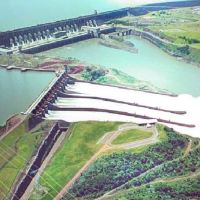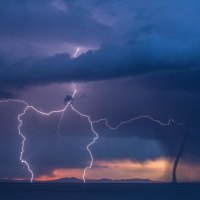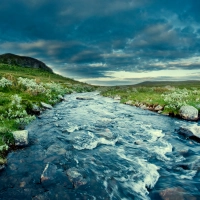Integrating freshwater ecology and biodiversity conservation

- Image: http://deerlakewatershed.org
Freshwater ecosystems – our lakes and rivers – are so important to our wellbeing yet we are hampered by a lack of understanding of the ecological interactions and processes that shape and produce the services they provide. A new journal review in Ecological Indicators by Juergen Geist at the Technische Universität München in Germany proposes an “Integrative Freshwater Ecology and Biodiversity Conservation” (IFEBC) as an attempt to holistically understand and manage freshwater environments at all levels, from the ecosystem down to the cellular and molecular.
Freshwater ecosystems are incredibly diverse – thought to hold about 10% of all global animal species. However, they are amongst the most highly altered and threatened environments on earth, vulnerable to pollution, abstraction, species invasions and over-extraction. The IFEBC proposes how freshwater ecosystems (and their functions) might be modelled using a range of factors at all scales that control the spatial and temporal (i.e. over time) distribution of aquatic biodiversity and productivity as a means of managing freshwaters in response to these threats.

Biodiversity in aquatic ecosystems is in an interconnected hierarchy (Image: Geist 2011)
You can read the full paper here, and a useful illustration of the key arguments is given in the diagram above. It shows how biodiversity through a freshwater ecosystem is interconnected in a hierarchy, where different levels of diversity connect and interact. The ecosystem function (and the resulting services it can provide) is a result of these interrelated levels of diversity. However, Geist suggests that not only will understanding this multi-scale ecosystem diversity entail more analysis, modelling and interpretation of freshwater ecosystems, it will also require increased co-operation between different researchers from different disciplines, all working on different scales. However, despite these logistic challenges, the IFEBC proposes a clear and useful basis for how we might better understand and conserve our rivers and lakes.














